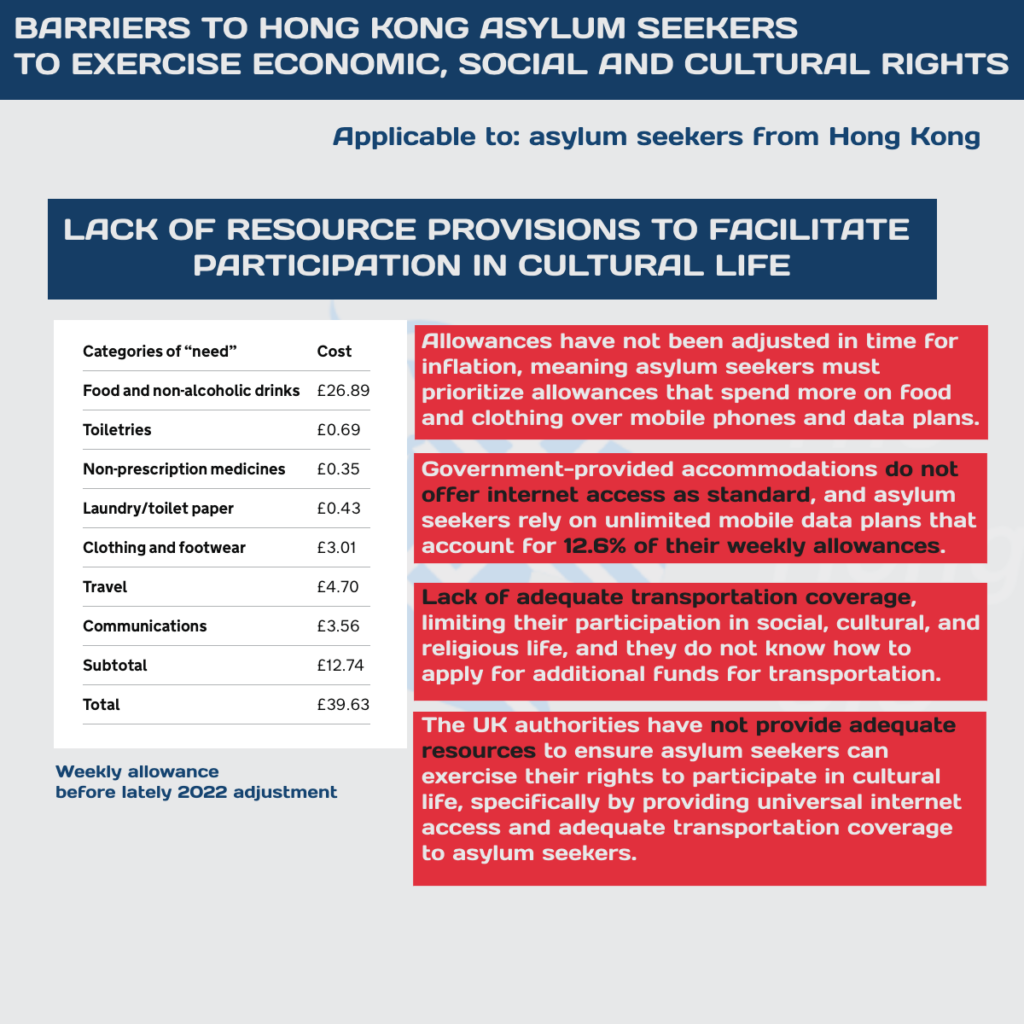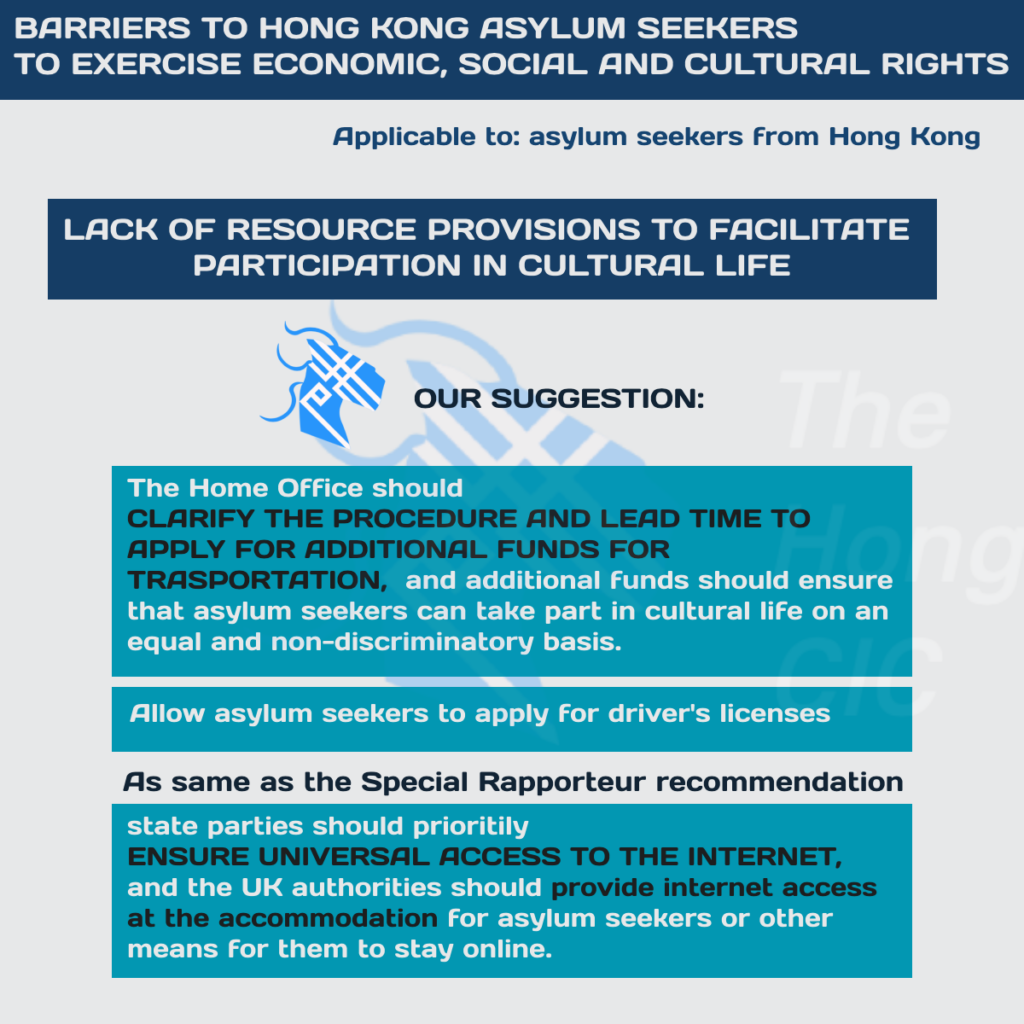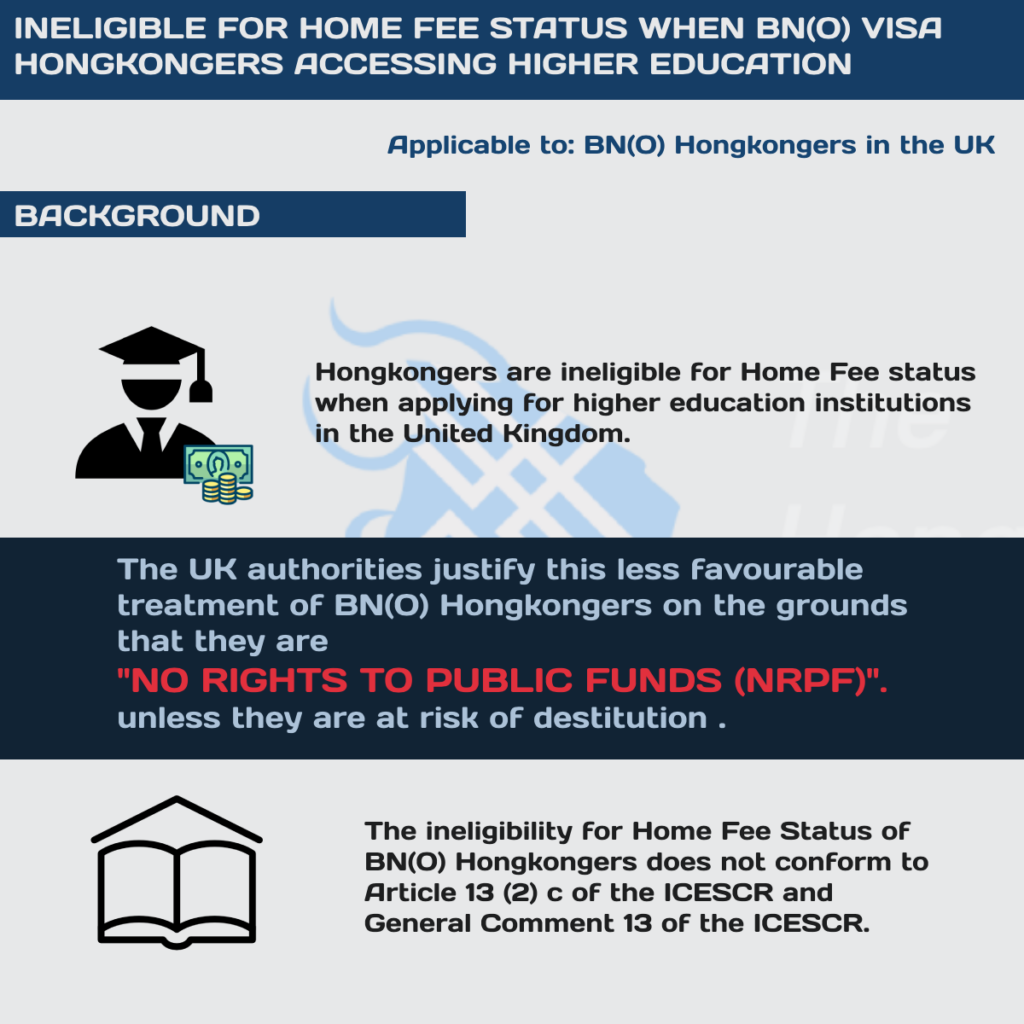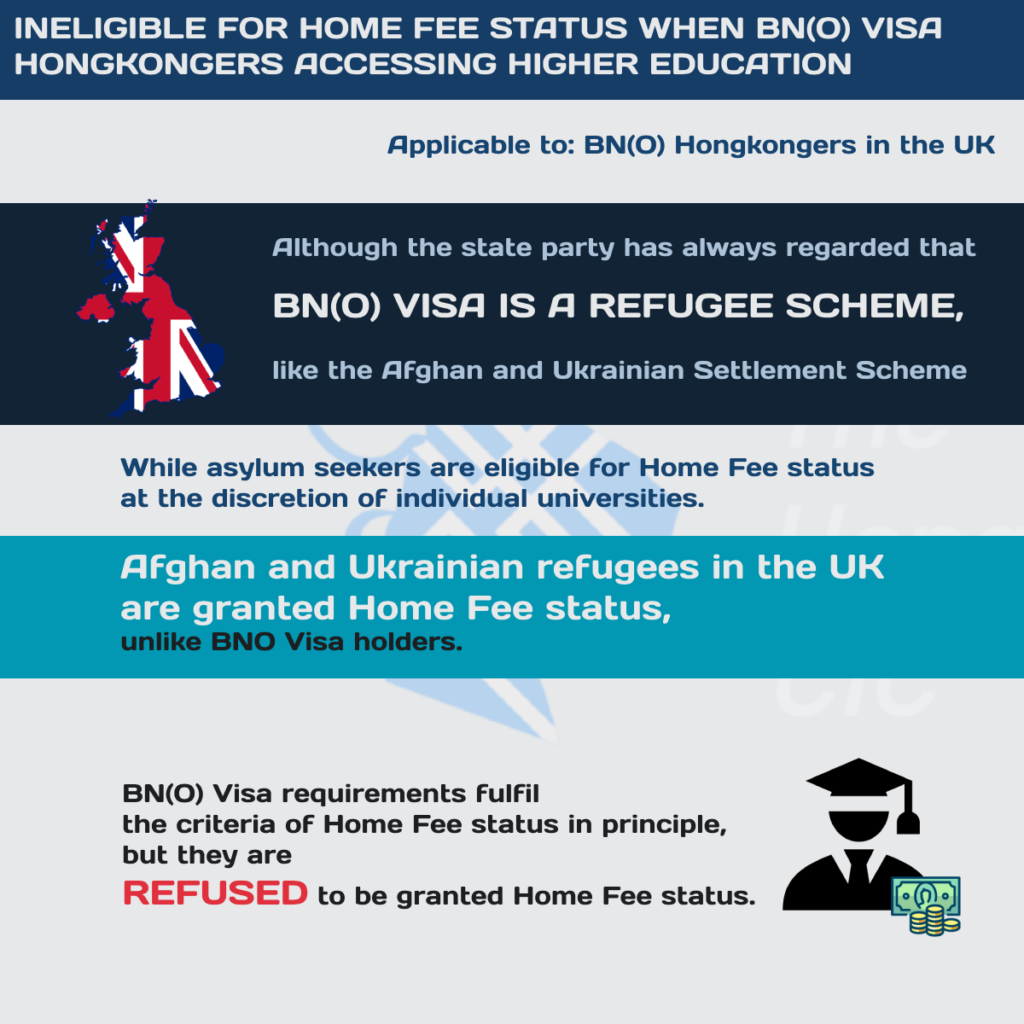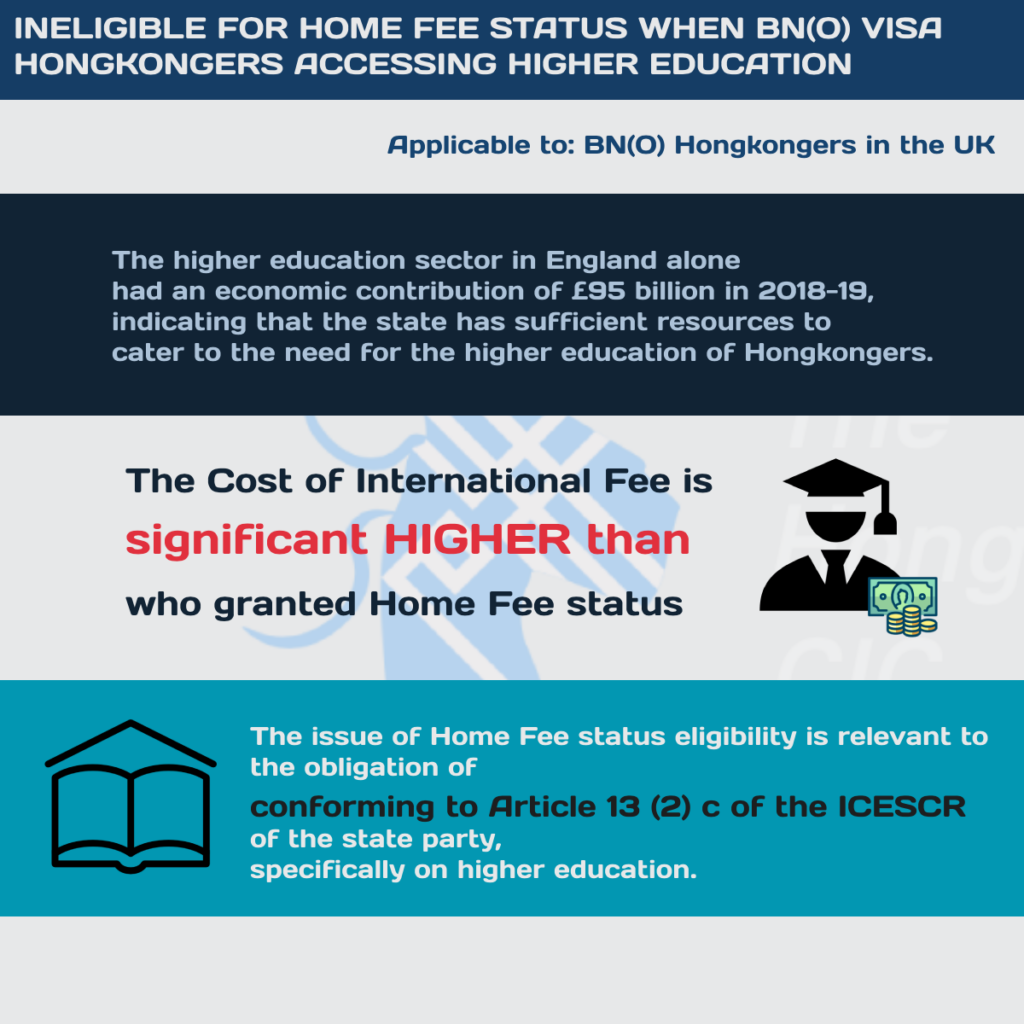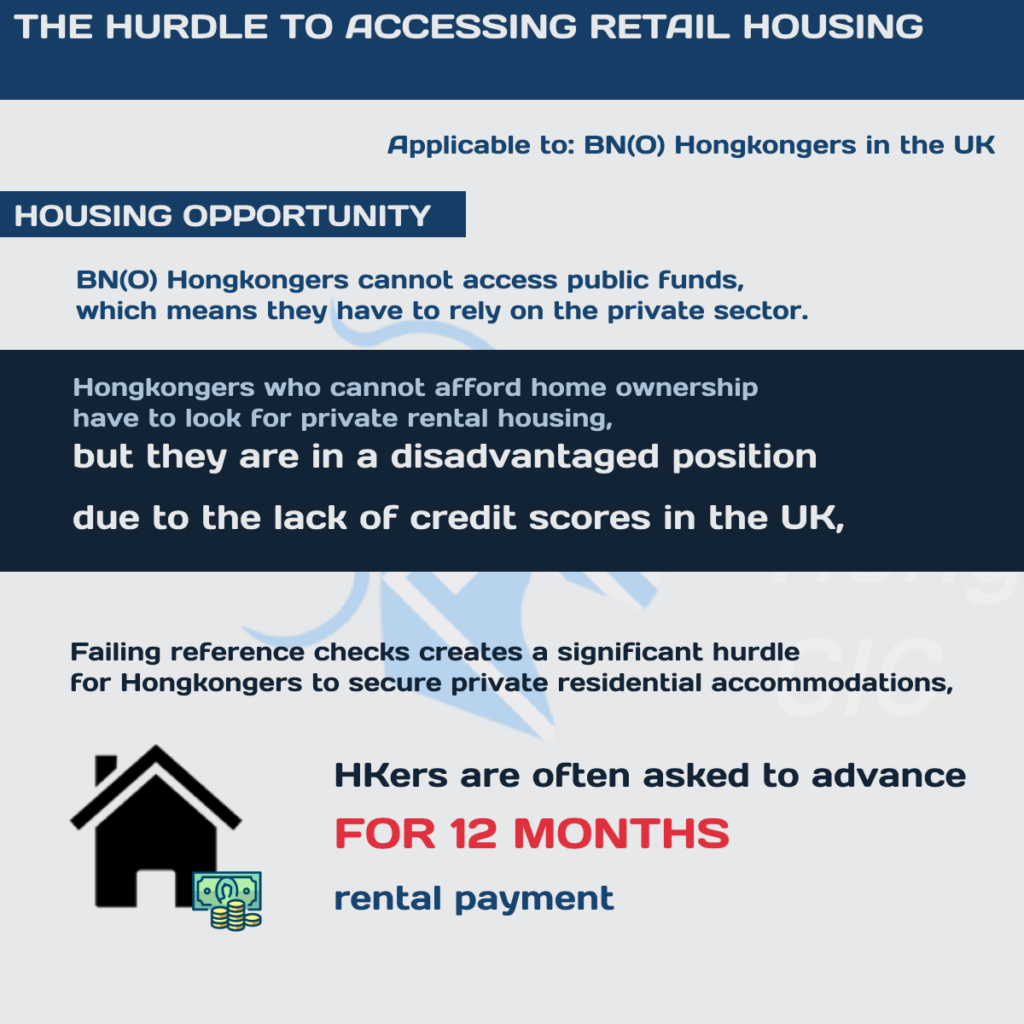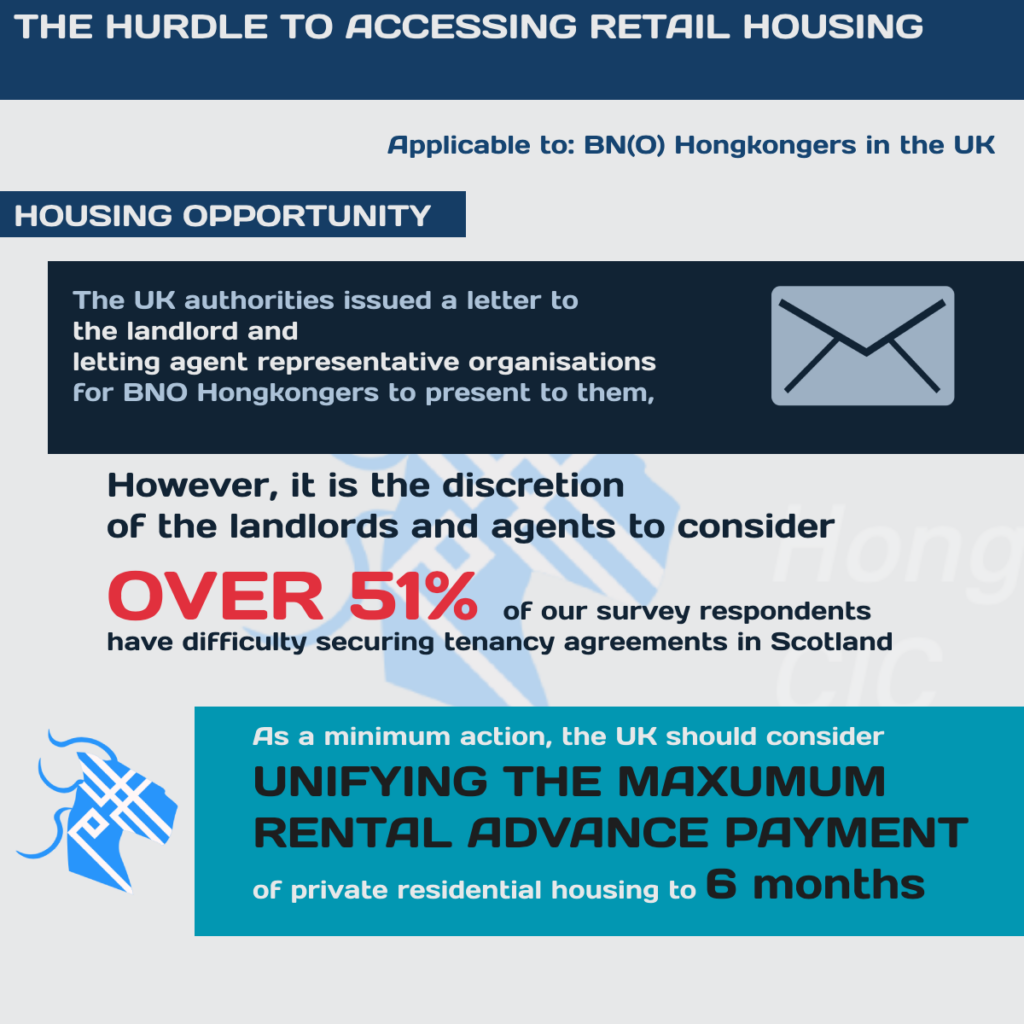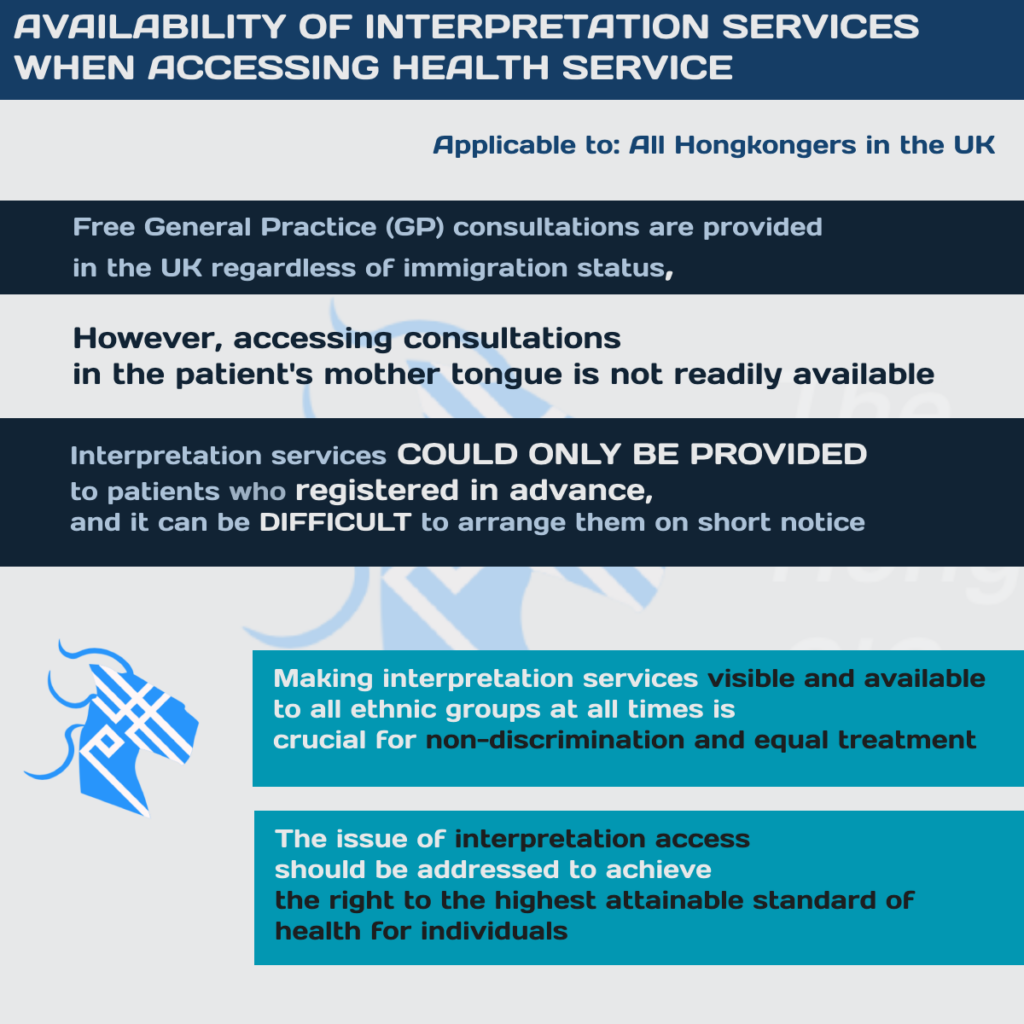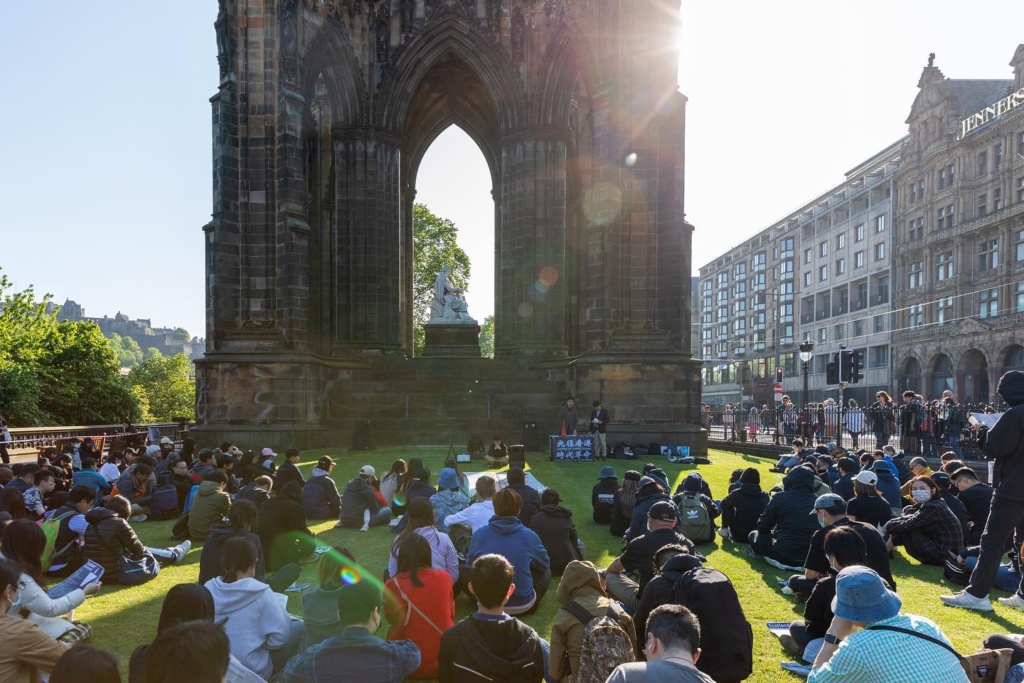The Shadow Report of the UK on the International Covenant on Economic, Social and Cultural Rights (2023)
The Shadow Report we have submitted to #UN #CESCR 72 pre-sessional working group
the full report is below: https://bit.ly/HKScotstoUN72PSWG……

The assault on Hong Kong protesters by the #ConsulGeneral and consular staff of #PRC in #Manchester demonstrated the issue’s magnitude. Safeguard Defenders highlighted the existence of PRC overseas secret police stations in the UK.
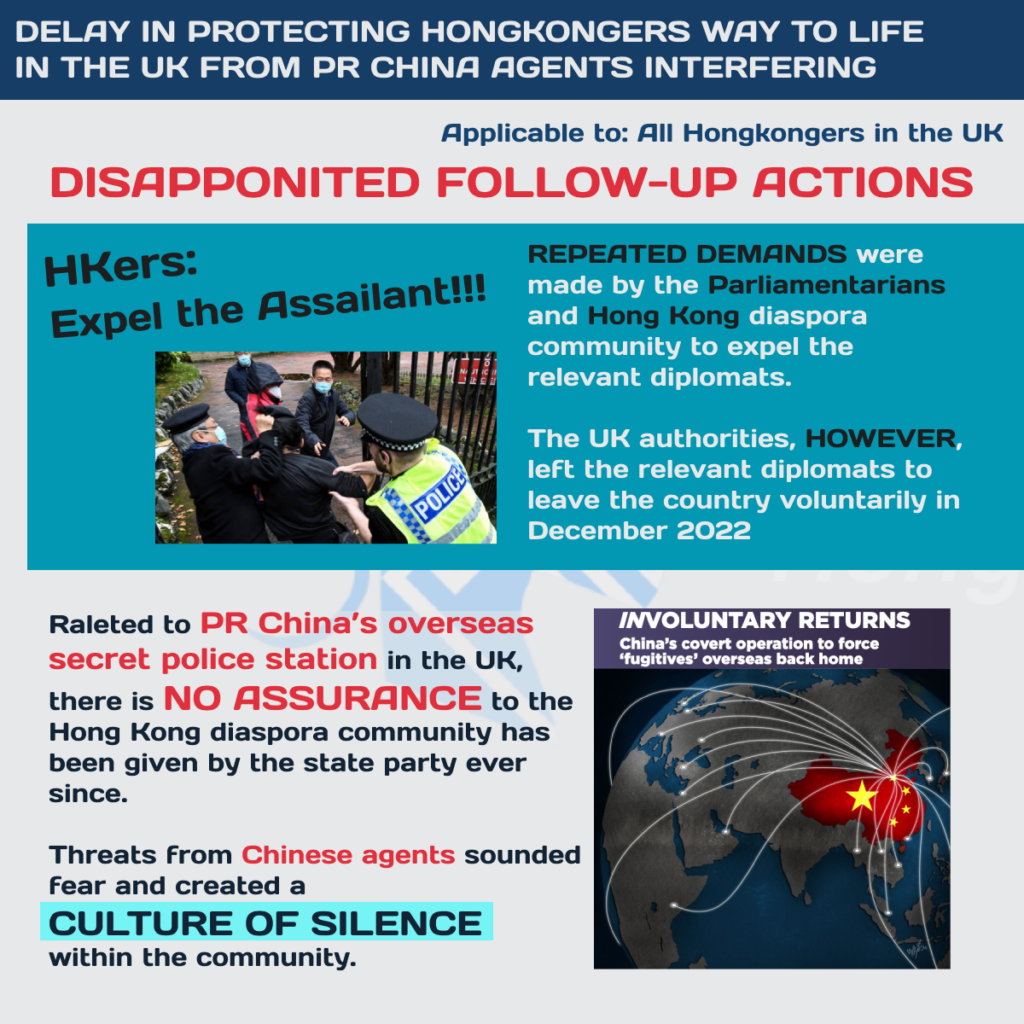
Disappointed follow-up actions by the UK authorities When HKers repeatedly were calling for the expelling of the assailant, the Chinese consul-general, The UK authorities left the relevant diplomats to leave the country voluntarily in December 2022.
Related to the PRC overseas police station, still, no assurance to the Hong Kong diaspora community has been given by the state party ever since. The growing interference conducted by PRC in the UK draws concerns from the Hong Kong community and creates a culture of silence.
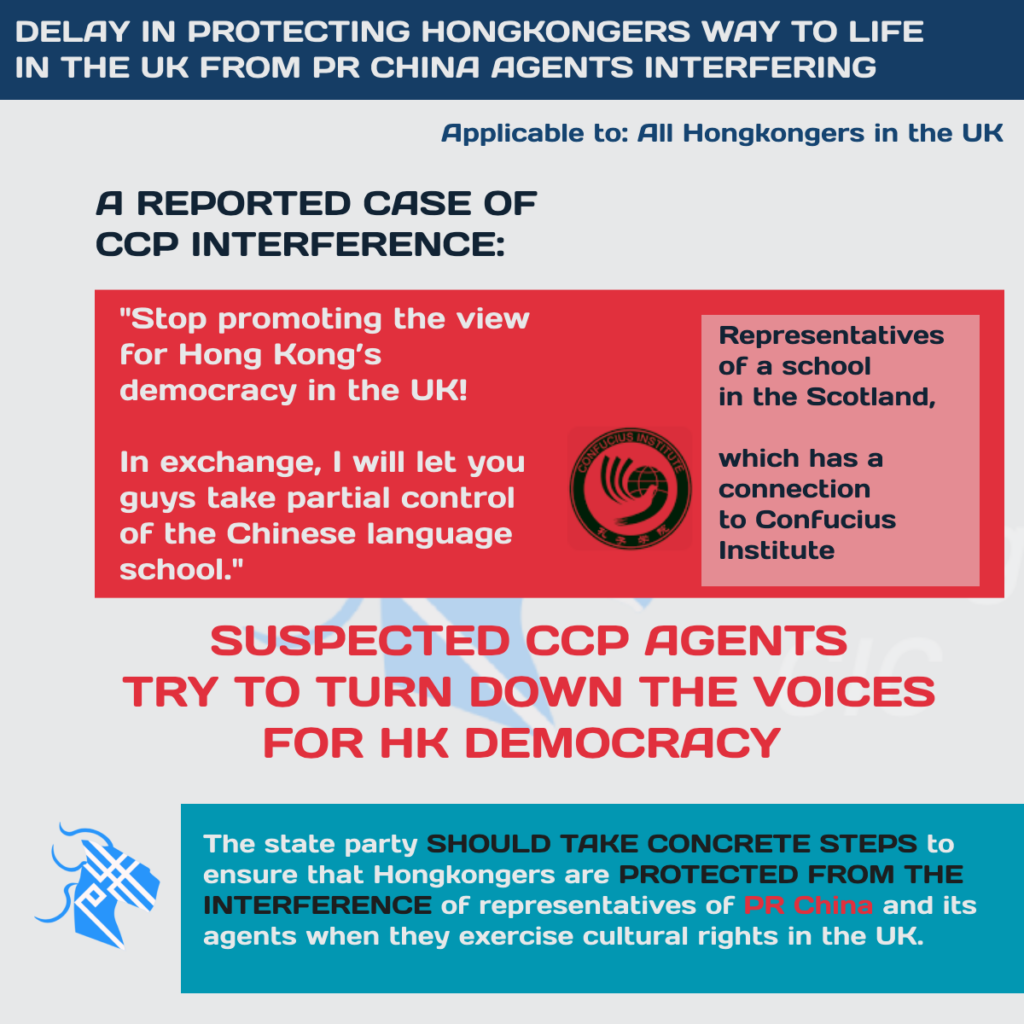
Representatives of a Chinese language school, which has academic connections to a university and Confucius Institute in Scotland, advised members of the organization to refrain from promoting Hong Kong’s democracy in the UK in exchange for partial control of the said school.
The state party should take concrete steps to ensure that Hongkongers are protected from the interference of representatives of PR China and its agents when they exercise cultural rights in the UK.
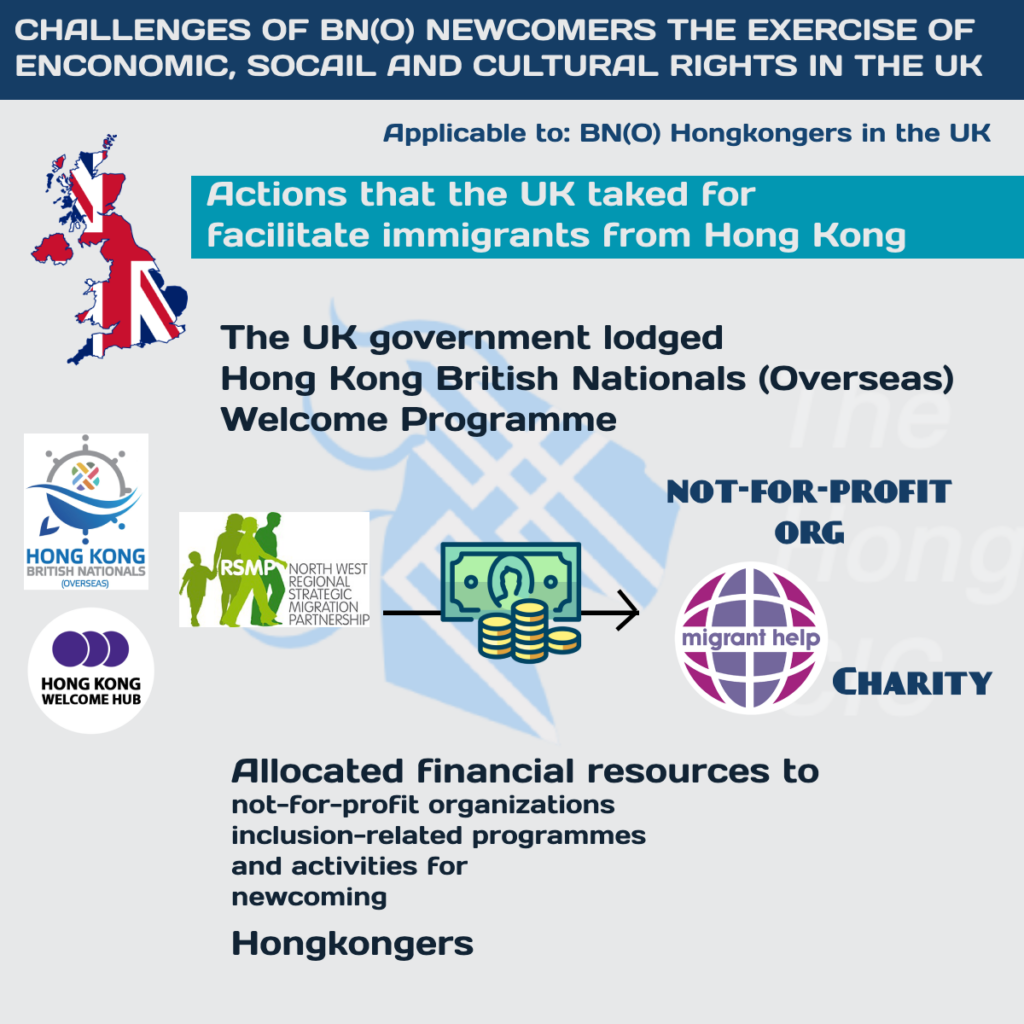
The UK launched the Hong Kong UK Welcome Programme with financial resources allocated to not-for-profit organizations to conduct inclusion-related programmes and activities.
There are 12 welcome hubs established across the country serving specifically Hongkongers in those localities as of 2022, but most of them are without physical locations or conducting online events instead of physical ones.
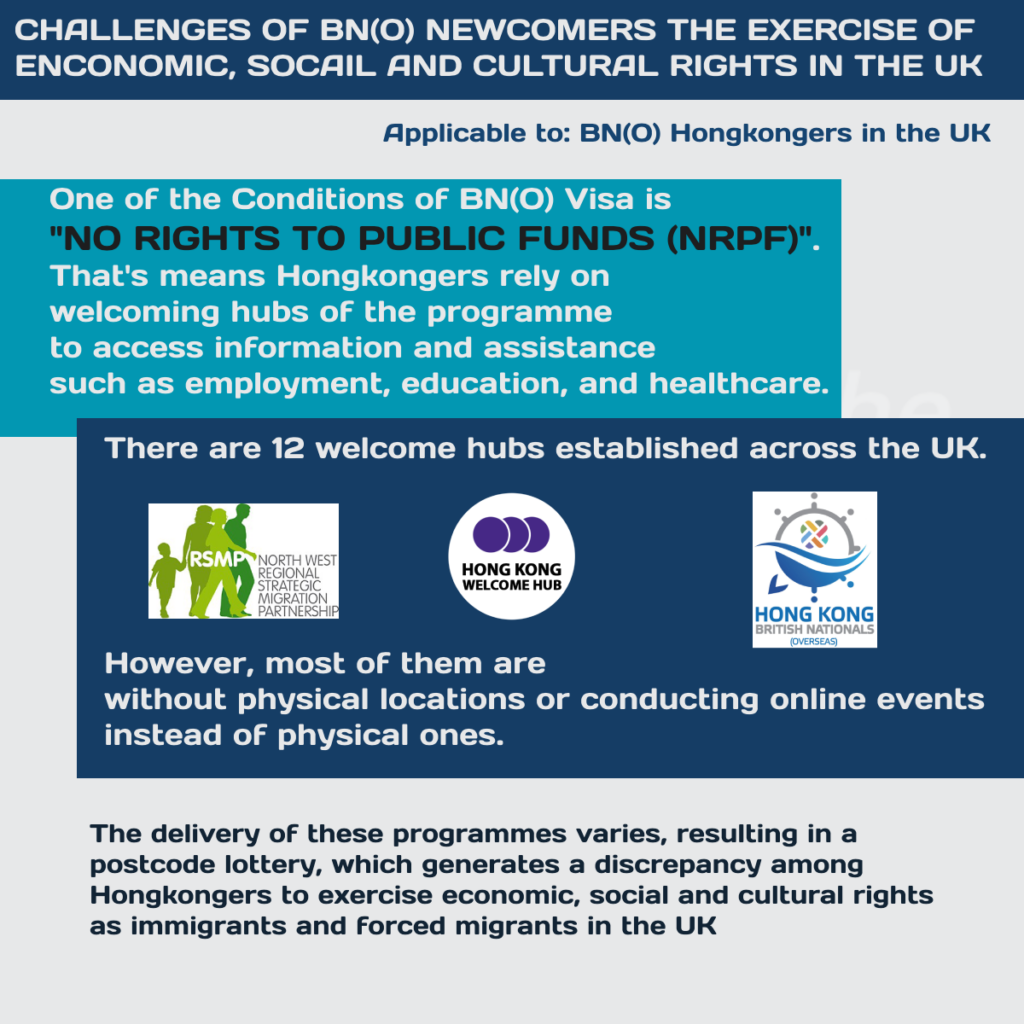
Due to the NRPF status, HKers rely on these hubs to access information and assistance such as employment, education, and healthcare. The delivery of these programmes varies, resulting in a postcode lottery, which generates a discrepancy among HKers to exercise their rights
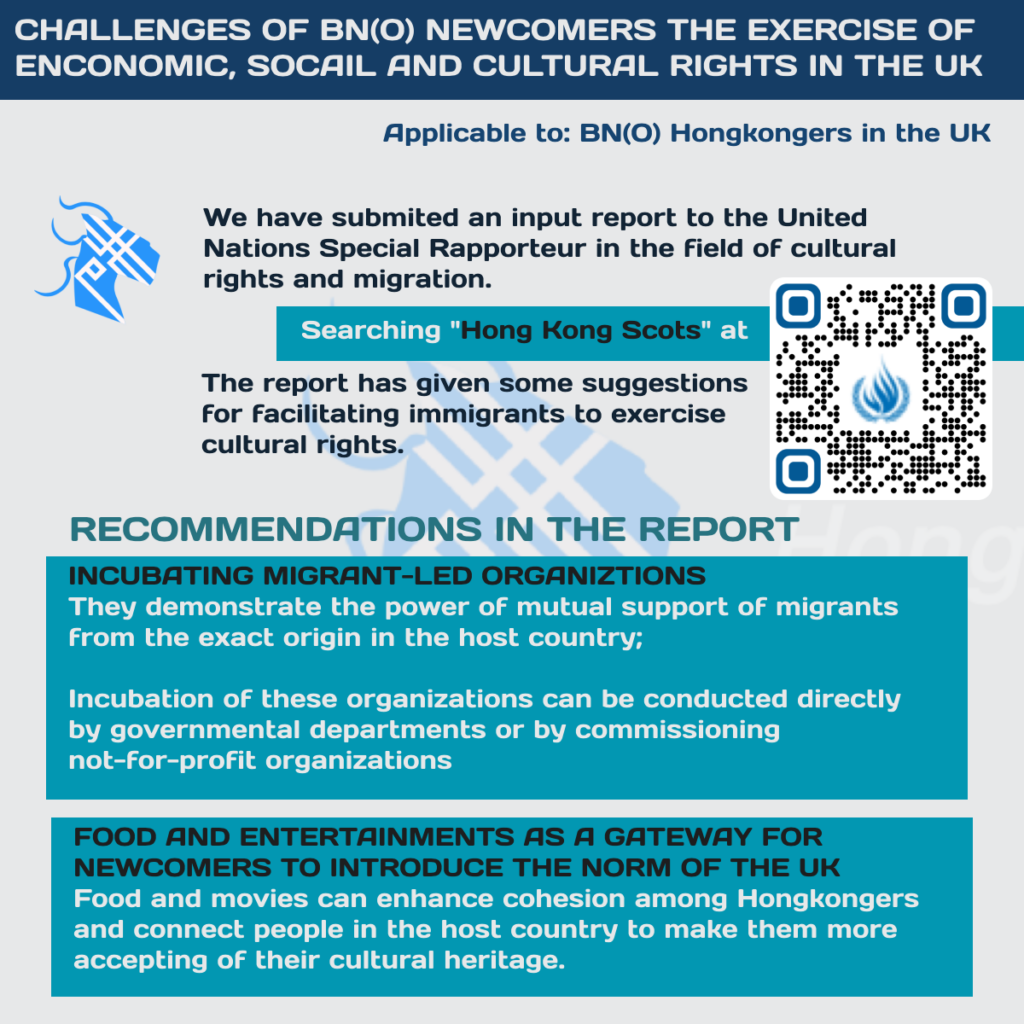
Best practices for facilitating immigrants and forced migrants to exercise cultural rights were outlined in the submission to the United Nations Special Rapporteur in the field of cultural rights -Search “Hong Kong Scocts” at https://ohchr.org/en/calls-for-input/2022/call-inputs-report-cultural-rights-and-migration
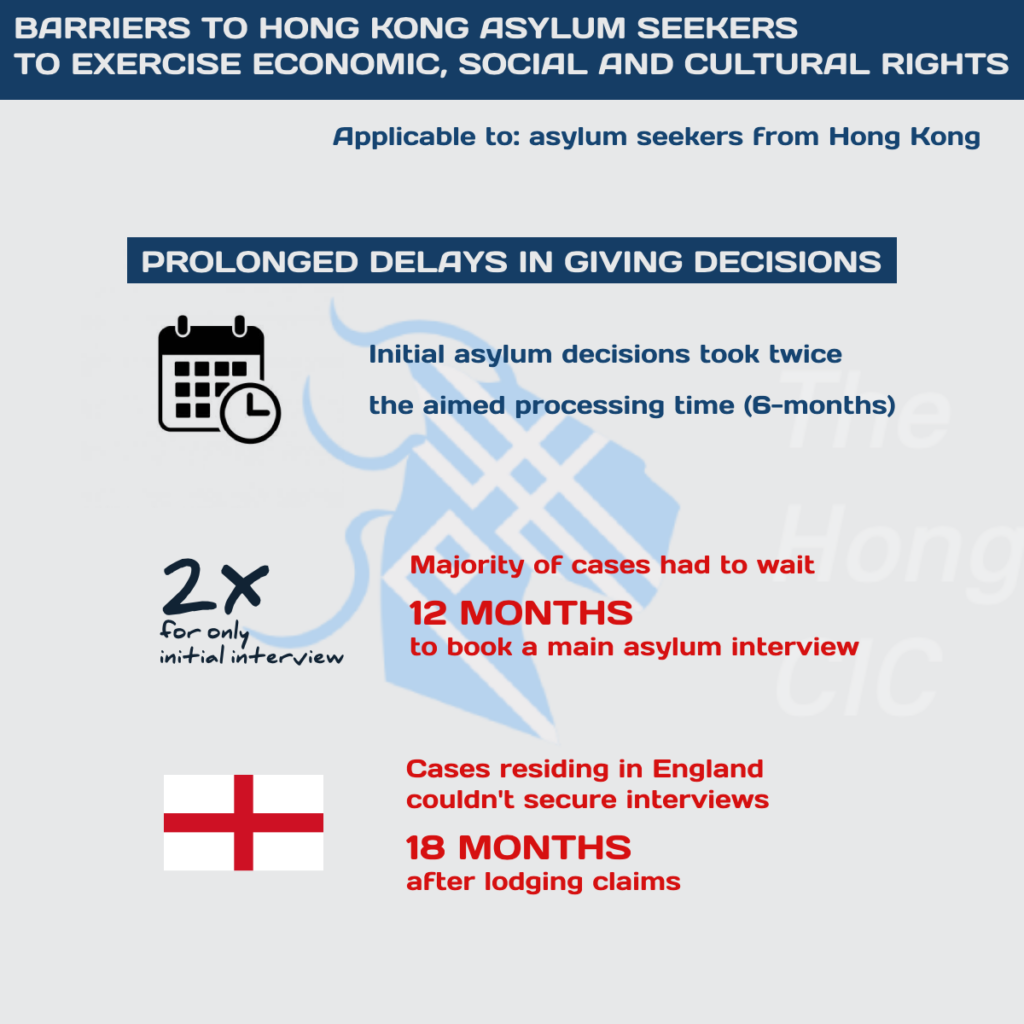
Initial asylum decisions took twice the aimed processing time
The majority of cases had to wait 12 months to book a main asylum interview
Cases residing in England couldn’t secure interviews 18 months after lodging claims
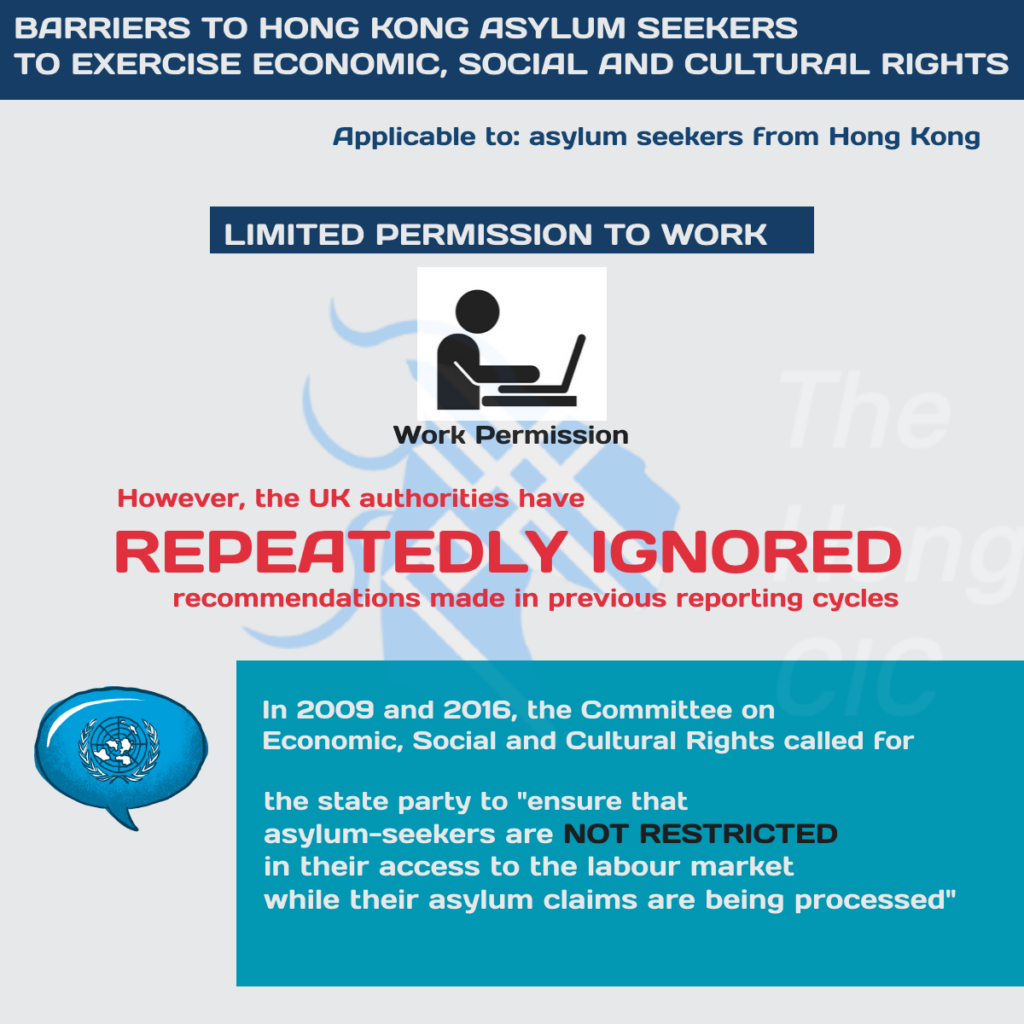
Limited permission to work
The Committee on Economic, Social and Cultural Rights called for the state party to “ensure that asylum-seekers are not restricted in their access to the labour market while their asylum claims are being processed” in the past sessions.
However, the United Kingdom authorities have repeatedly ignored recommendations made in previous reporting cycles on the subject matter
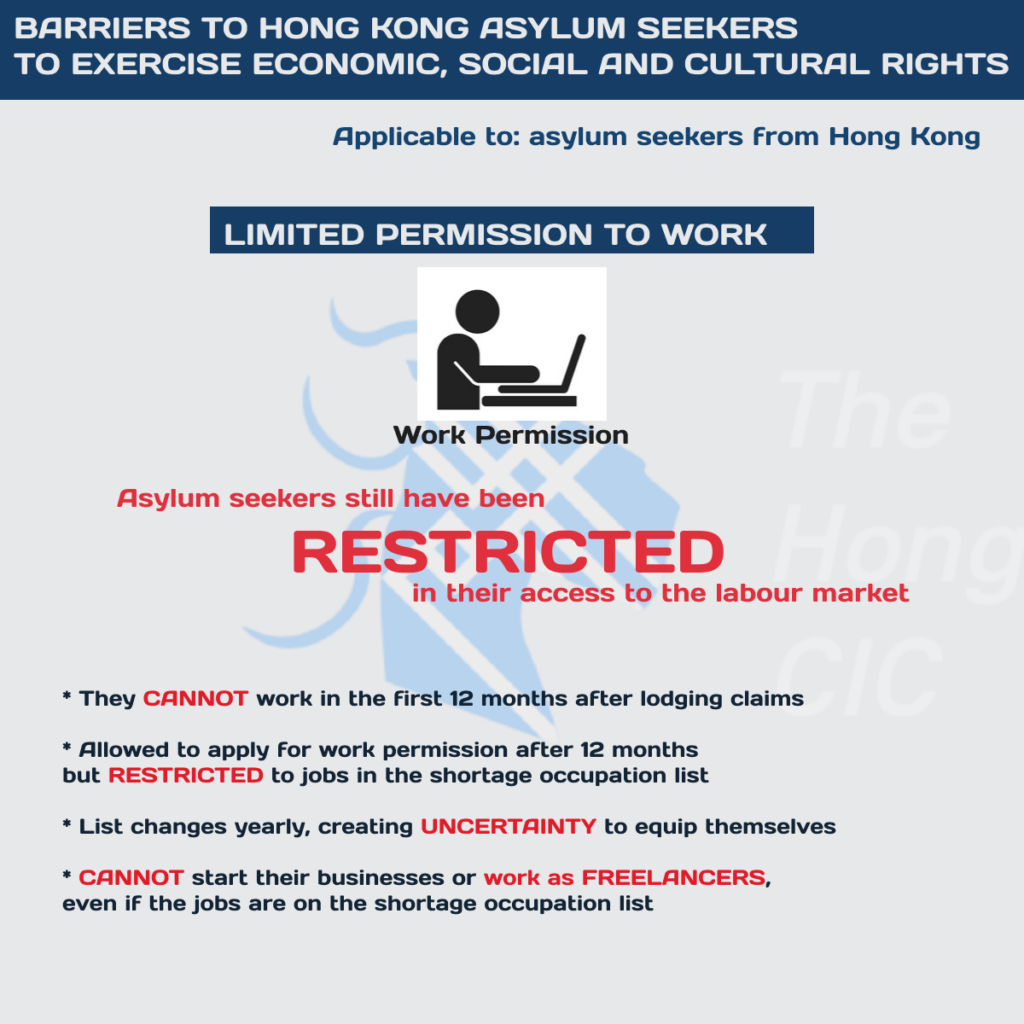
- Asylum seekers cannot work in the first 12 months after lodging claims and booking main asylum interviews
- Allowed to apply for work permission after 12 months but restricted to jobs in the shortage occupation list
- List changes yearly, creating uncertainty for asylum seekers to equip themselves for the job market
- Asylum seekers cannot start their businesses or work as freelancers, even if the jobs are on the shortage occupation list
- The limited permission to work does not conform to the state party’s obligation to the ICESCR, specifically Article 6(1) of the Covenant
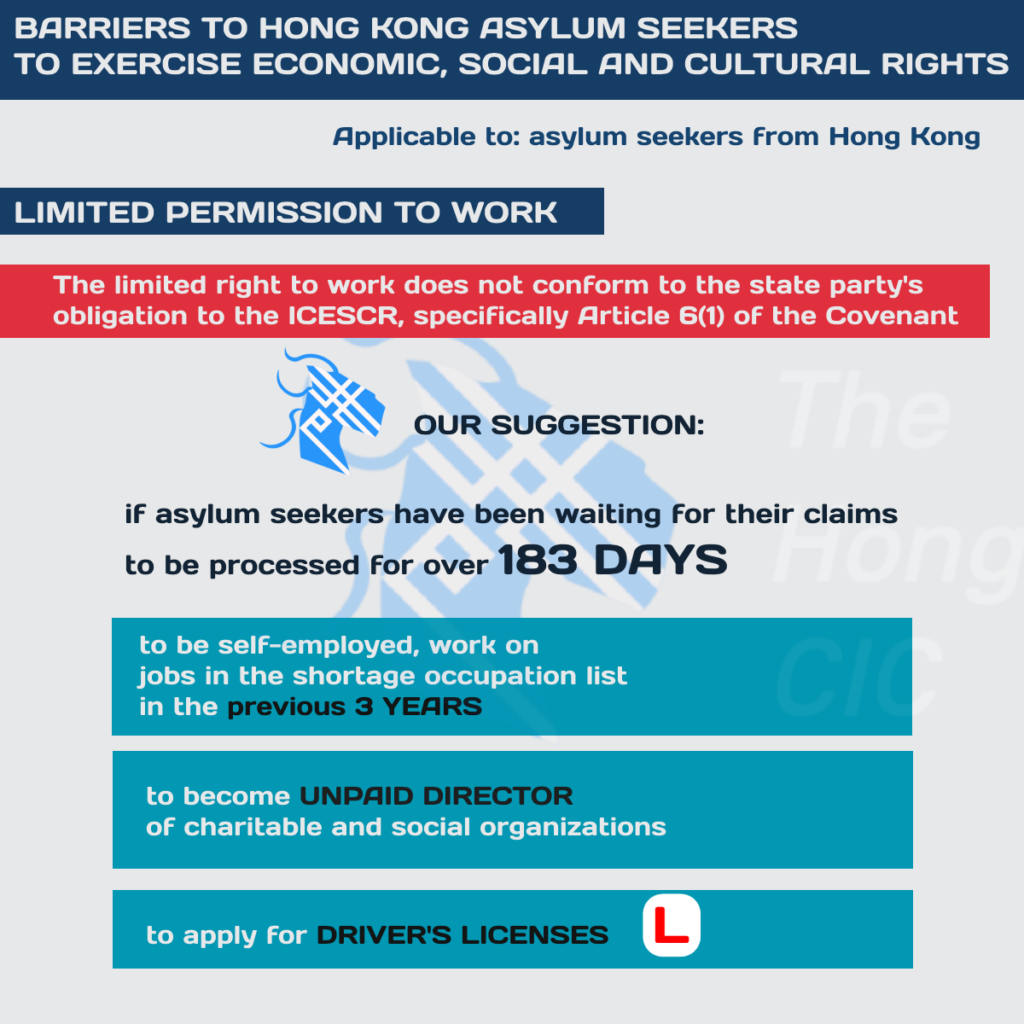
Asylum seekers should be allowed to be self-employed, work on jobs in the shortage occupation list, become non-paying directors of charitable and social organizations, and apply for driver’s licenses after waiting for their claims to be processed for over 183 days.
Fewer restrictions on their access to the labour market, the more able asylum seekers are to be self-reliant.
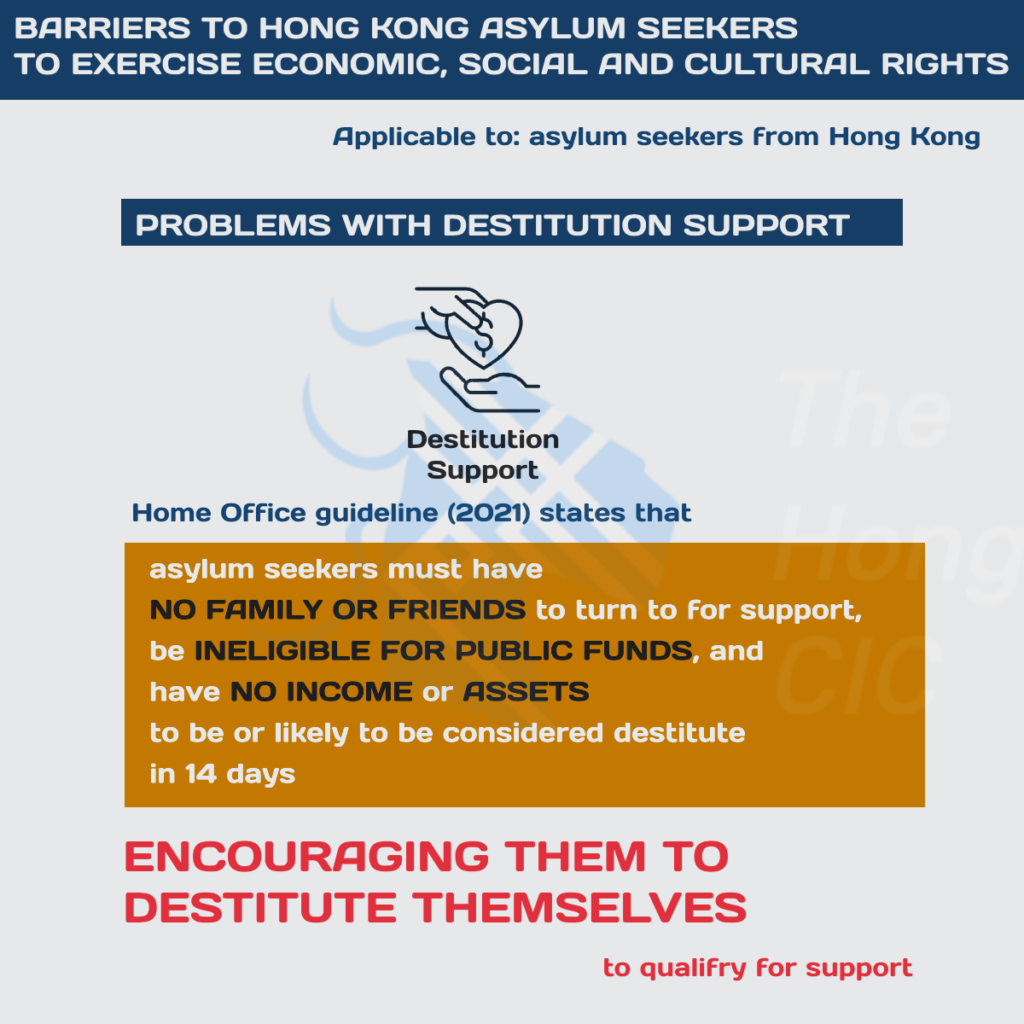
The restrictions on the access of asylum seekers to the labour market, make them rely on government support
Home Office guideline (2021) states that asylum seekers must have no family or friends to turn to for support, be ineligible for public funds, and have no income or assets to be considered destitute or likely to be in 14 days.
This means that asylum seekers may be denied support if they can access short-term accommodation or receive small donations from others, encouraging them to destitute themselves to qualify for support.
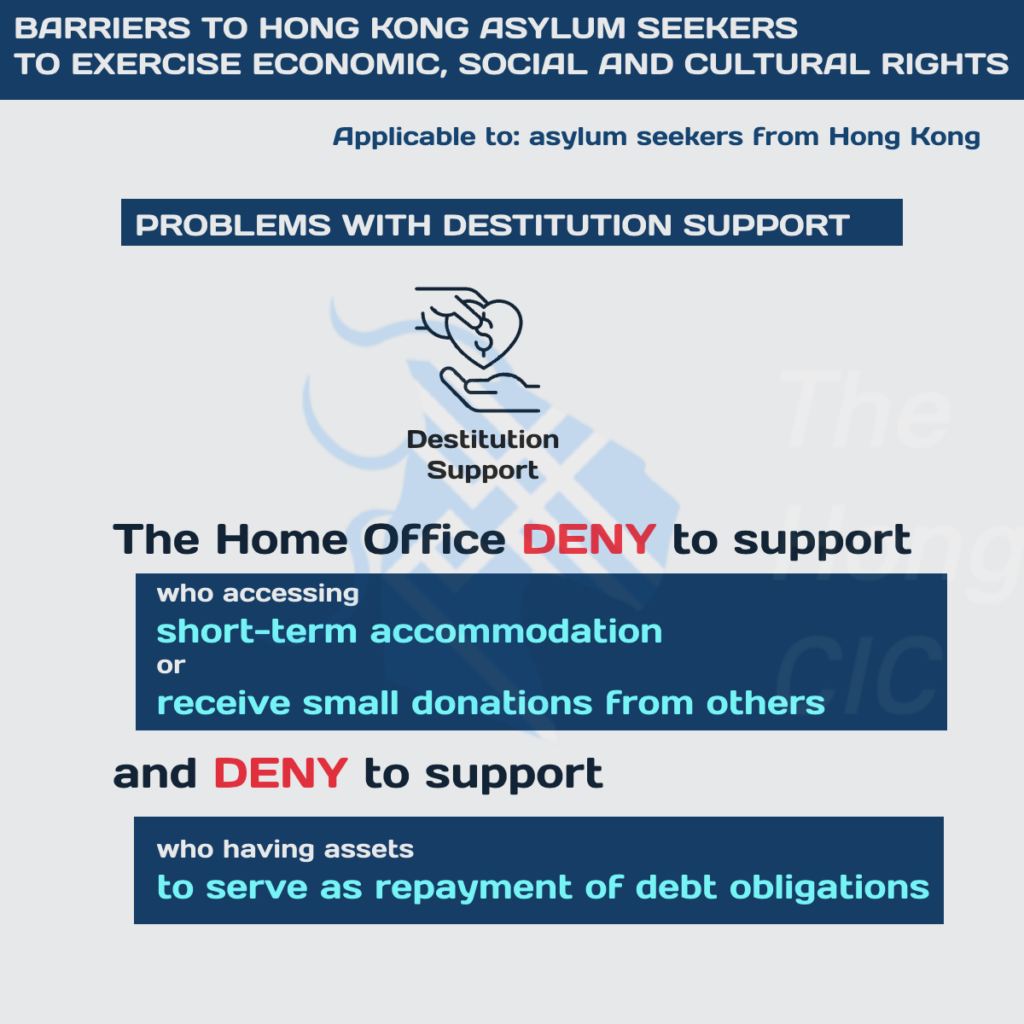
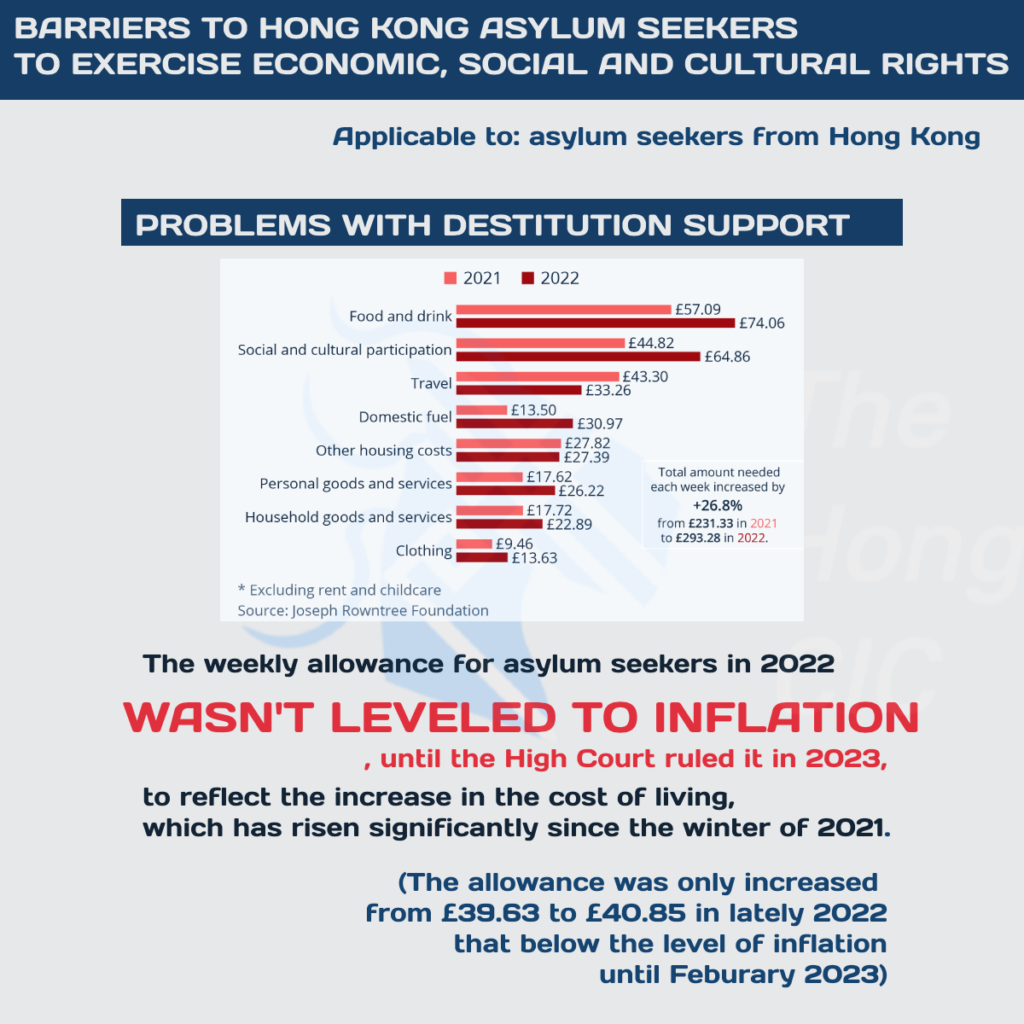
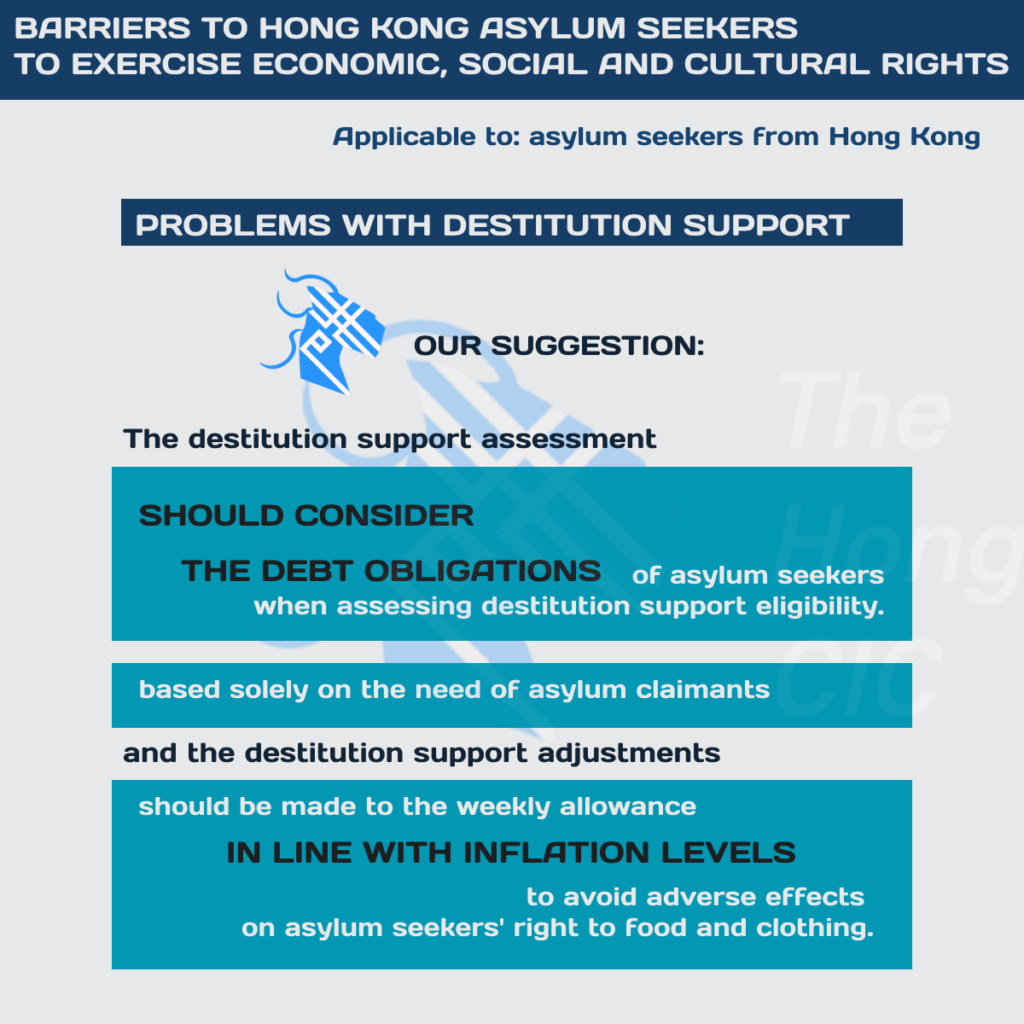
The destitution support assessment should be based solely on the need of asylum claimants, and adjustments should be made to the weekly allowance in line with inflation levels to avoid adverse effects on asylum seekers’ right to food and clothing.
